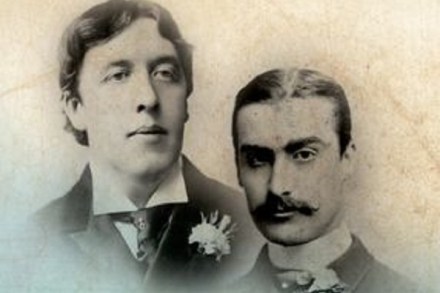‘Ask Forgiveness Not Permission’, by Howard Leedham – review
At the start of 2004 Howard Leedham, a former British special forces officer who had taken up US citizenship, addressed the raw Pashtun recruits he had made into a US-backed militia capable of operating on the Pakistan-Afghan border, surely one of the world’s most hostile environments. He told them about Lawrence of Arabia’s famous cross-desert assault on the port of Aqabar: ‘We are like Lawrence of Arabia,’ he said.‘Now let’s find our Aqabar.’ You might think that the US military high command would have identified a target before deploying a military force to attack it. But in the aftermath of 9/11 the normal rules did not apply. In theory, Leedham’s














